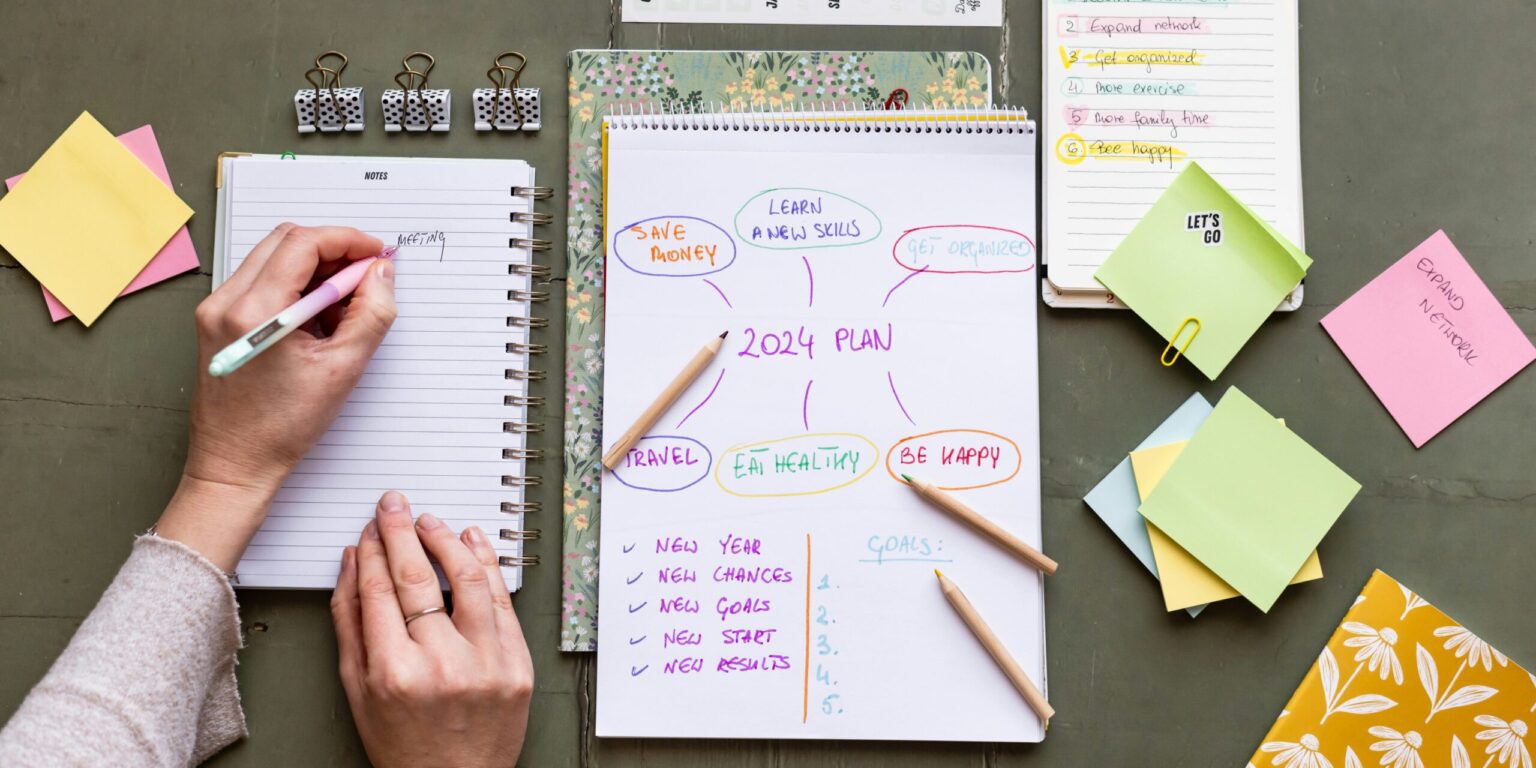In today’s fast-paced world, where distractions are constant and the demands on our time seem endless, boosting productivity is a key goal for many. However, improving productivity doesn’t always require drastic changes or new technology. Sometimes, the small, intentional habits we cultivate on a daily basis can have the greatest impact. Here are ten practical habits you can adopt to work smarter, not harder, and make the most of each day.
One of the most effective ways to start your day with intention is to plan it the night before. Take just 5–10 minutes each evening to outline your top priorities for the next day. Doing so clears your mind and sets a clear direction for the morning. Having a well-defined list of tasks eliminates the need to make decisions when you wake up, reducing decision fatigue and allowing you to dive straight into your work.
Another key habit to establish is a consistent morning routine. This doesn’t need to be long or complex—just a set of activities that energize and focus you. Whether it’s a short stretching session, journaling, or a few minutes of meditation, a routine can set a positive tone for your day, increase your energy, and mentally prepare you to tackle challenges with a clear mind. When you begin the day grounded, you set yourself up for success.
For those who struggle with staying focused, the Pomodoro Technique can be a game-changer. This method involves working in short 25-minute intervals, followed by a brief 5-minute break. These intervals help keep your brain focused on the task at hand, and the regular breaks prevent burnout, keeping you refreshed and mentally sharp throughout the day. By balancing work and rest, you maintain sustained productivity without overloading your mind.
A tidy workspace is another simple yet powerful productivity booster. Spending a few minutes each day to declutter your desk and organize your materials can help create a calm and focused environment. A clutter-free workspace reduces distractions and can improve concentration, making it easier to focus on the task at hand. Additionally, a clean environment promotes mental clarity, allowing you to think more clearly and creatively.
Task prioritization is essential for effective time management, and the Eisenhower Matrix is a helpful tool for this. The matrix helps you categorize your tasks based on urgency and importance, guiding you to focus on what truly matters. By identifying tasks that are both urgent and important, you ensure you’re working on the right things at the right time, reducing the chance of wasting time on less critical activities.
Taking regular breaks throughout the day is essential for maintaining high levels of productivity and creativity. Rather than working non-stop, it’s important to step away from your desk periodically. Short breaks allow your brain to recharge, reduce mental fatigue, and provide a fresh perspective when you return to work. These brief moments away from work also help prevent burnout and ensure you’re giving your best when you sit back down to focus.
In the age of constant connectivity, it’s easy to fall into the trap of multitasking. However, studies show that multitasking can actually decrease productivity, as switching between tasks can lead to more mistakes and reduced performance. By focusing on one task at a time, you improve efficiency, reduce errors, and ultimately get more done in less time. Single-tasking helps you complete tasks with greater accuracy and attention to detail.
Setting boundaries is another crucial habit for maintaining productivity. It’s easy to get overwhelmed by saying “yes” to too many tasks or requests, especially when they don’t align with your personal or professional goals. By learning to say no when necessary and protecting your time, you allow yourself to focus on what’s truly important. Setting clear boundaries helps prevent overcommitment and burnout, ensuring that you have the time and energy to focus on your priorities.
At the end of each day, it’s important to take time to review and reflect on what you’ve accomplished. This allows you to assess whether you met your goals and identify areas where you can improve. Daily reflection helps you recognize your achievements, no matter how small, and gives you insight into what could be adjusted in the future. This habit fosters continuous growth and helps you stay on track with your long-term productivity goals.
Finally, one of the most important habits to boost productivity is ensuring you get adequate sleep. A well-rested mind is more alert, focused, and capable of making better decisions. Aim for 7–8 hours of quality sleep each night to allow your brain to fully recharge. Without proper rest, cognitive function, decision-making, and overall productivity suffer. Sleep is just as important as any productivity strategy, as it helps your body and mind recover, making you more effective the next day.
Incorporating these simple habits into your daily routine can lead to increased efficiency, reduced stress, and a better work-life balance. While it may take time to build these habits, consistency is key. Start small, and gradually build upon these practices to create lasting improvements in your productivity. By making intentional, positive changes to your daily routine, you’ll be well on your way to working smarter, not harder.
